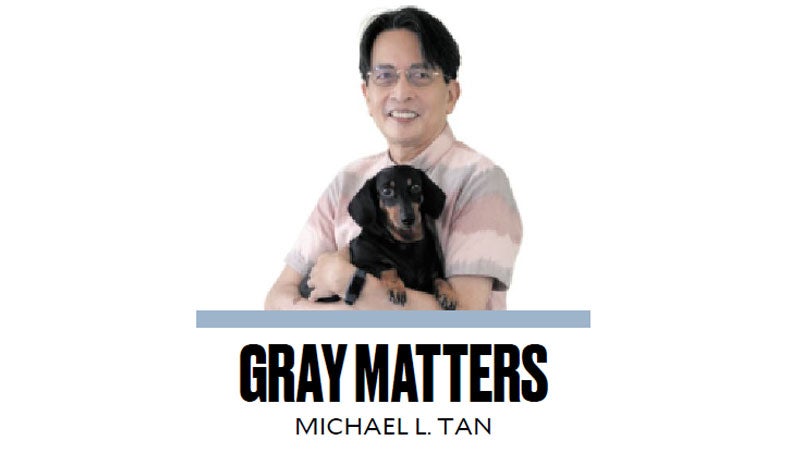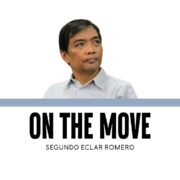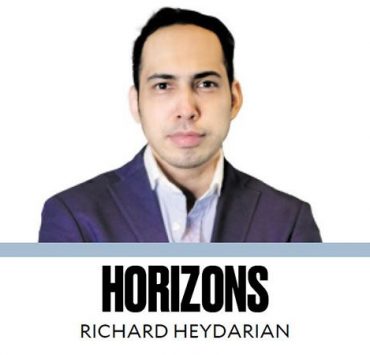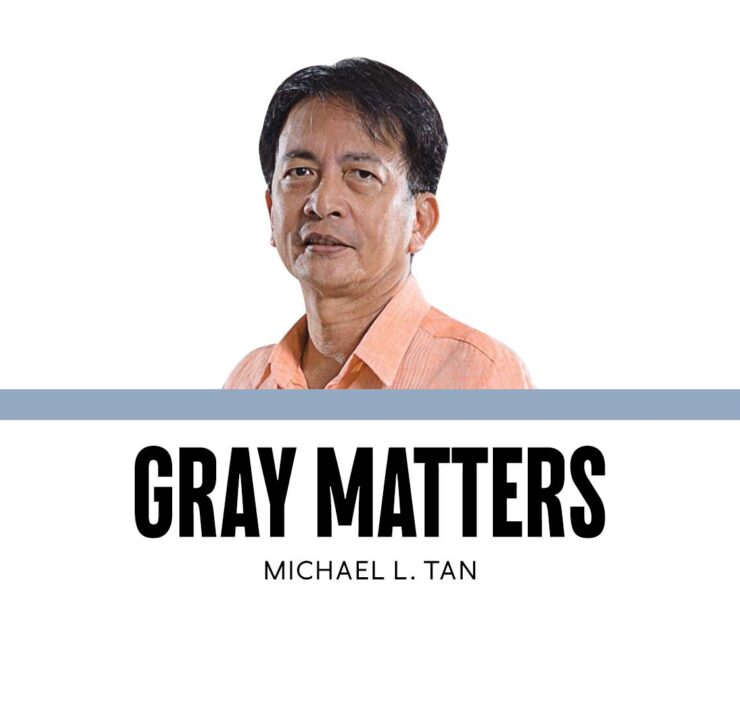What people? What power?

People power. A grammatically awkward term but one which still inspires some pride of the time when Filipinos stood up after years of martial law and, the final blow—patently fraudulent elections. “Tama na, sobra na” (Enough! Too much!) was the slogan as people poured into Edsa to protest from Feb. 22 to 25, 1986 to successfully overthrow the Marcos martial law regime.
There were attempts to replicate February 1986 through People Power II or Edsa II (Jan. 17 to 20, 2001), which did succeed in deposing President Joseph Estrada on charges of corruption. Many have forgotten People Power II was triggered after the prosecution walked out during the impeachment proceedings against Estrada following the senator-judges’ refusal to open an envelope that was said to contain incriminating evidence against the president.
There was a forgettable Edsa III launched from April 25 to May 1, 2001, to protest the arrest of deposed President Erap. A crowd, which reached some three million people at its height, was composed mainly of Iglesia ni Cristo members.
The world has changed since 1986, marked by the rise of populism mostly from right wing political movements that draw on the power of the internet and social media, to sow misinformation and disinformation.
Just last month, the United States swore in Donald Trump, who served his first term from 2017 to 2021, during which he was impeached twice. He lost his bid for reelection but made a comeback in last year’s election despite being convicted as a felon on several charges just weeks before.
In the months since Trump has been president, we have seen massive “state capture” through executive orders (much like the late President Ferdinand Marcos Sr. using presidential decrees, but Marcos did this through martial law), firing thousands of government workers and policies he considers obstacles in his MAGA (Make America Great Again) bid. The list goes on and on.
The response from the American people has been muted, to say the least. There are his diehard supporters, but even among them, there have been moves during the election campaign to rein him in or to reverse his promulgations.
The Trump presidency will provide the ultimate test for the institutions of liberal democracy—will the checks and balances hold up in the separation of powers of the executive (now, mainly Trump), judicial, and legislative? The Philippines, with a political system pretty much cloned from the US with all its strengths and weaknesses, the weaknesses amplified, will need to be more critical as events unfold in the States.
Watch Trump, too, as he cuddles up to Russian dictator Vladimir Putin while his Vice President and other officials have shamelessly endorsed European far-right parties, particularly the Alternative for Germany (AfD), which in Sunday’s elections emerged with the second largest number of votes.
AfD and its leaders, especially Alice Weidel, its candidate for chancellor, have played their own version of right wing people power, advancing an anti-immigration agenda that sounds too much like the early years of the Nazi era in Germany. Crowds cry out, “Alice fur Deutschland” (Alice for Germany), to avoid the ban on “Alles fur Deutschland” (Everything for Germany), the slogan of the German terror SS (Stormtroopers).
Trump’s two closest advisers, Elon Musk and Steve Bannon, also angered Americans and Europeans, particularly Jews, when they publicly stretched out their right arms, palms down, fingers together, in the Nazi or fascist salute. Both denied they meant the Nazi salute.
If we had people power, and seen how it has been betrayed, we need as well to look at the threats that come with populist tactics. It may not be enough to talk about martial law in the Philippines. Might we think about including, in our classrooms, classes on how Nazism came to power through democratic elections, and how Adolf Hitler was able to do what Trump is doing today, overthrowing Germany’s institutions in his first 53 days of power, through promises of making Germany great again and looking for scapegoats (from Jews to gypsies) for Germany’s problems.
Sure some of our schools refer to the Holocaust and students get to read “The Diary of Anne Frank,” but the connections to Hitler’s constitutional rise to power, and the 1930s version of populism are absent.
Beware the words: people, power.
—————-
mtan@inquirer.com.ph


















